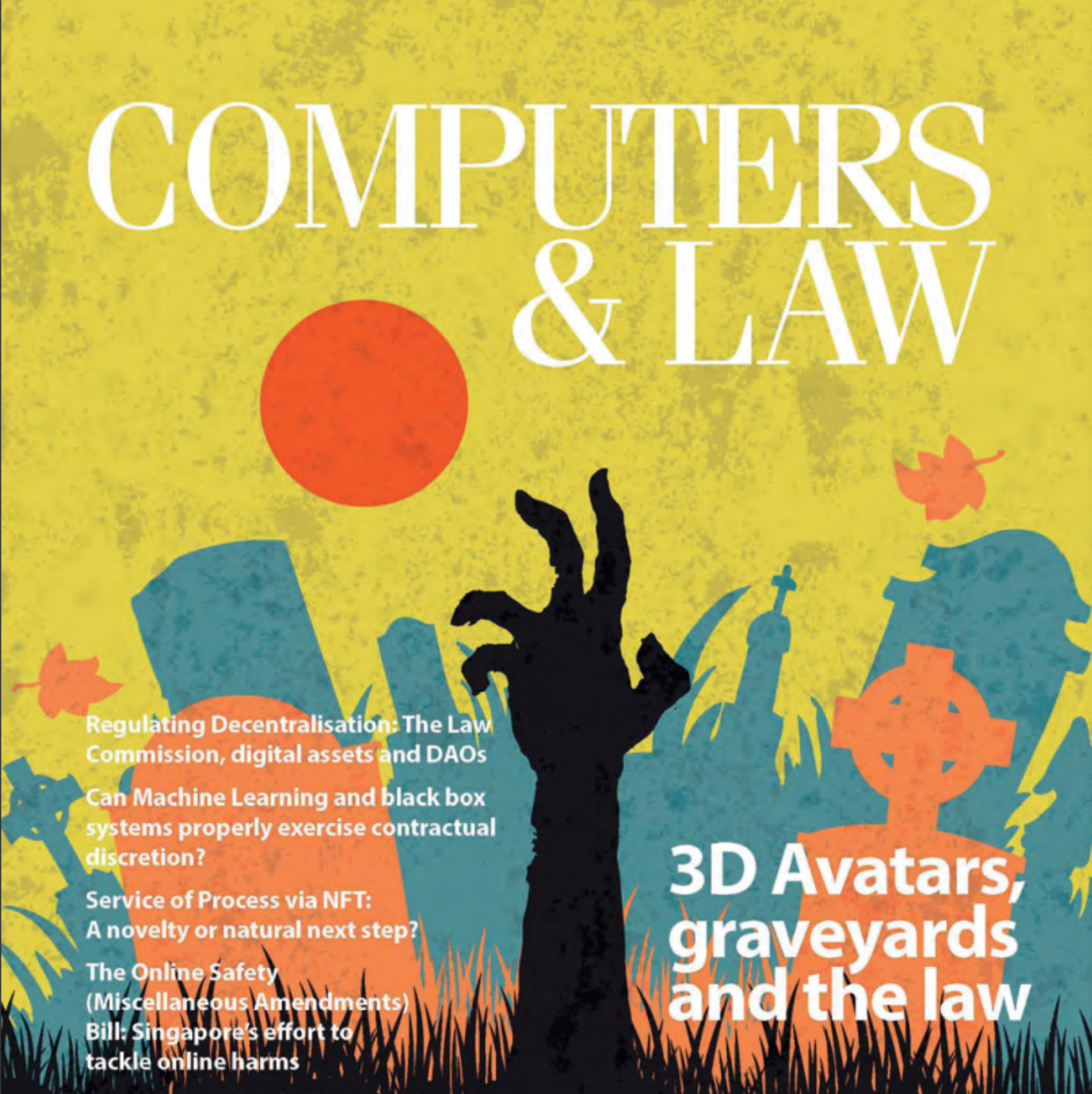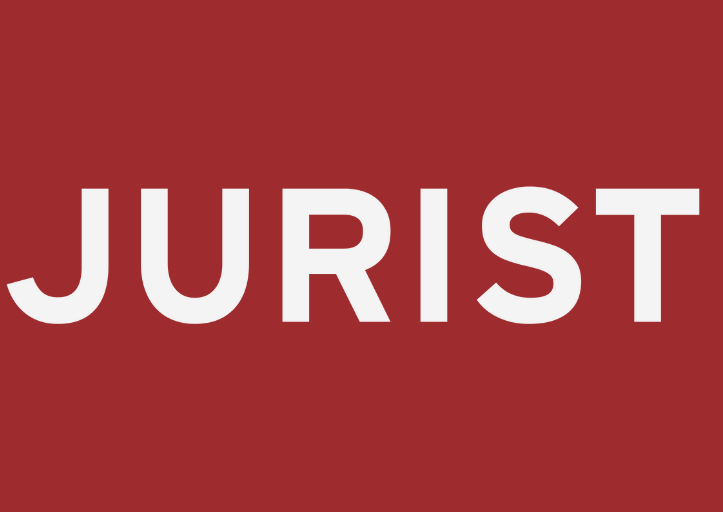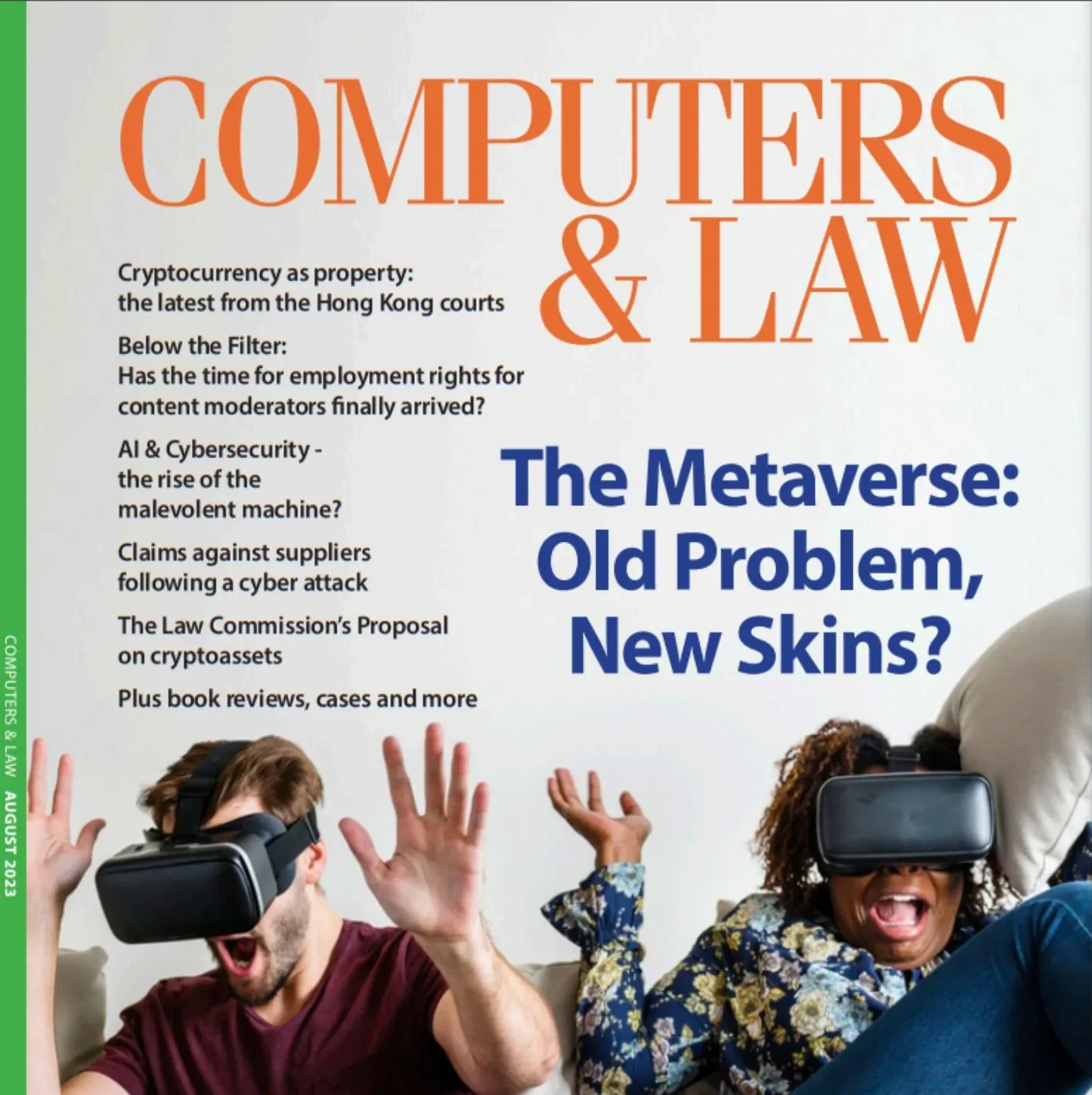Research contributions
I’m a technology user. I’m part of a generation that grew up immersed in digital technologies: from feature phones and videogames, to social media, digital wallets, mobile apps, streaming platforms, and the list keeps growing. Becoming a researcher in this field has challenged me to interrogate the very systems I once took for granted and the underlying conditions that bring them about.
As a legal scholar, I study how digital technologies intersect with the law. Legal frameworks don’t simply “respond to” the negative or unintended consequences of technology; they often structure the conditions under which harms become thinkable, permissible or visible. My research focuses on how users engage with digital technologies and explores the possibilities for accountability, contestation, and justice in the digital age.
Digital technologies hold great promise, but if we are to fully realize those benefits, we must also acknowledge that harms are not always incidental byproducts — often they are structured as much by technological choices as by legal frameworks.
My recent work investigates AI companions and demonstrates how these technologies have material consequences and often evade traditional regulatory frameworks.
Beyond conducting legal analysis, I have developed a three-dimensional lens of chatbot technology, as detailed in my article published in Philosophy & Technology (Springer). Additionally, my doctoral studies explored the unique legal challenges posed by ghostbots, with related findings published in the Computer Law & Security Review (CLSR).

© 2024 David F. Uriegas. Rights Granted.
Broader research interest

Kubik-Rubika-Chernyy-Belyy (CC BY, author unk.). Via godfon.com.
The broader areas of my research are platform governance, machine speech, and comparative regulatory approaches to AI.
I have explored how digital platforms reconfigure social structures in prior publications, and I’d like to expand a bit more that critique in line with the asymmetries and frictions between Global North vs Global South, their legal traditions and regulatory capacity, along with the political economy of digital technologies.
I’m currently working on three publications that reflect the broader areas of my research. One is paper on the right of publicity and social media platforms, asking how identity and control are negotiated in digital infrastructures governed by private entities and shifting social norms. The other two are invited book chapters, one ‘The Politics of Postmortem Privacy’; and ‘The Mutations of Digital Speech’.
Collaborative Opportunities
Aligned with my broader research, I am also deeply interested in the governance of AI. Despite its inclusion on international agendas, frameworks such as International Law often struggle to effectively address the governance challenges AI poses. In a recent article for Computers and Law Magazine, I explored these shortcomings and argued for a more collaborative and interdisciplinary approach to fill these gaps. I believe there is significant potential for joint scholarly efforts to develop innovative solutions and elucidate the pitfalls of current frameworks.





